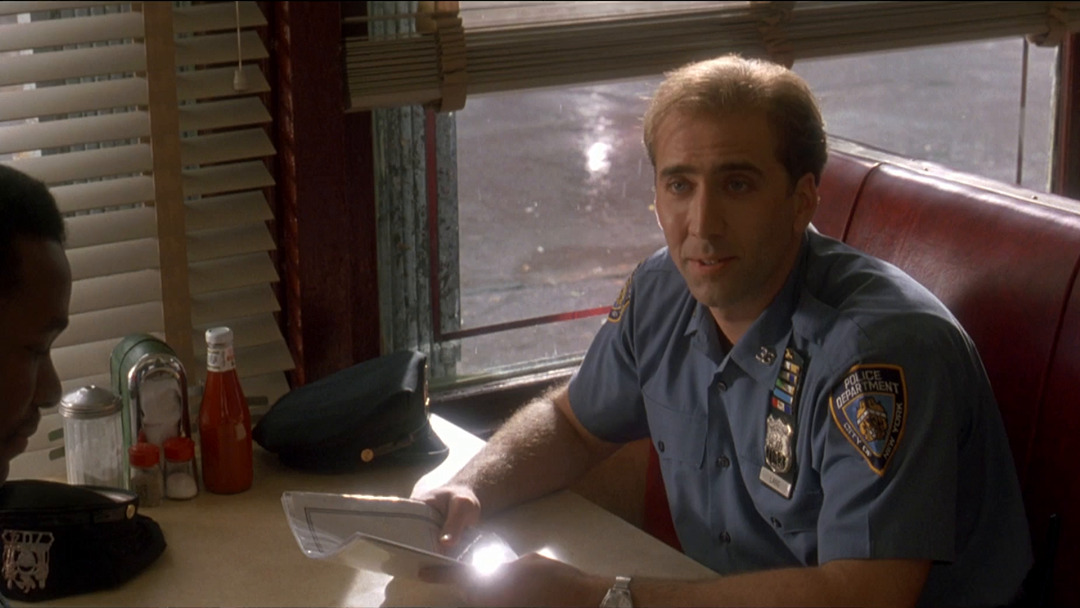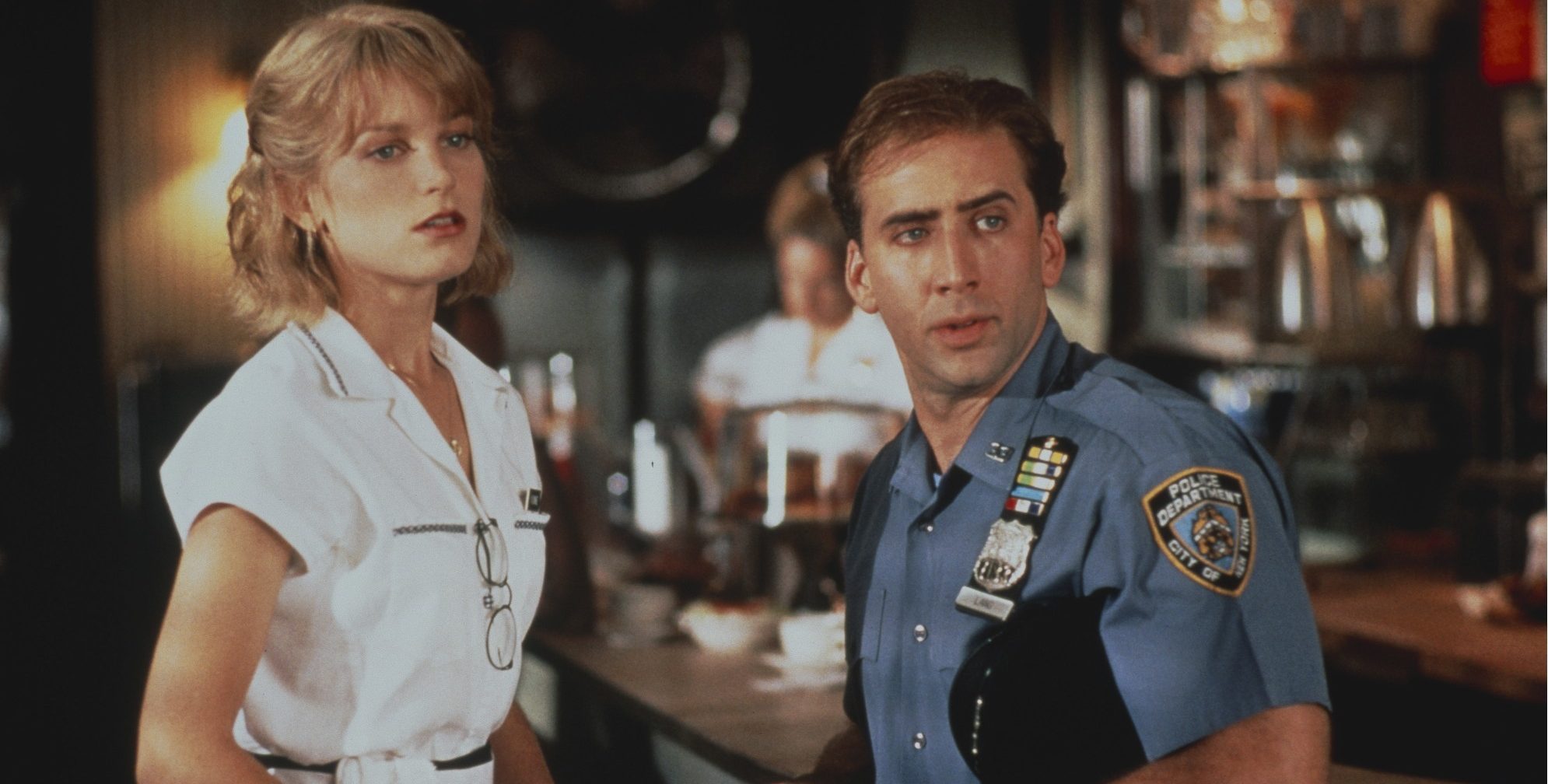Andrew Bergman’s ‘It Could Happen to You’ is a 1994 romantic comedy-drama film that follows Charlie Lang, a police officer with a heart of gold, and a greedy and materialistic wife, Muriel, who asks him to buy a lottery ticket. While Charlie agrees to do so, he also impulsively promises half of his winnings to Yvonne Biasi, a waiter he comes across. When the numbers click and Charlie hits the jackpot, all three lives are changed forever. Muriel decides to aim bigger and chooses to leave Charlie for someone wealthier. Meanwhile, Yvonne, who was struggling with finances after having gone bankrupt, uses Charlie’s money to buy the diner she works at.
As Charlie and Yvonne become local celebrities for helping those in need, Muriel’s greed eventually leads her to divorce Charlie. Eventually, Muriel’s desire to live it large sees her spiral down a rabbit hole back to where life was for her before the name and fame. Charlie and Yvonne find support, hope, and love in each other. Starring Nicolas Cage in the role of Charlie, the film’s stellar ensemble includes Bridget Fonda as Yvonne and Rosie Perez as Muriel in pivotal roles. The film’s handling of romance, emotions, and humility while simultaneously looking into the abject world of greed, power, and an endless craving for ‘more’ leaves loyal film enthusiasts wondering whether the movie is based on a real event.
It Could Happen to You is Inspired By a Real Incident
Yes, ‘It Could Happen to You’ is partially based on a true story. Penned by the talented screenwriter Jane Anderson, the film takes inspiration from the life of Detective Robert Cunningham of Dobbs Ferry, who won $6 million at the New York State Lotto prize in 1984 and decided to give half of it to Phyllis Penzo, a waitress employed at Sal’s Pizzeria in Yonkers in the Big Apple. Similar to real life, Charlie lands the jackpot, and as promised, gives Yvonne half the share.

Charlie’s real-life counterpart, Robert, was a regular at Sal’s and would enjoy conversations with Phyllis, who had been a friend of his at the diner for years. It was as a joke that Robert had suggested that he buy a ticket in lieu of a tip, and if they ended up hitting the jackpot, the money would be equally shared between the two. However, it turns out that the connection with reality ends there. Robert, in a conversation with Entertainment Weekly back in 1994, had said, “Ours is really a luck story, but the filmmakers turned it into a love story. Except for the part about us winning, it’s totally fiction.”
While the film eventually shows that Charlie and Yvonne fall in love and get married, real-life Robert and Phyllis continue to remain good friends all their lives. The two were also happily married to their spouses, another key difference in their fictional retelling. Also, unlike Muriel in the film, who was intent on stopping Charlie from sharing any money with Yvonne, Robert’s wife Gina was more than glad to give Phyllis her share of the money because Robert had promised her so, as she had also guessed three of the numbers correctly, on the ticket.
Andrew Bergman’s use of cinematic liberty saw him add bits of twists and turns to the story to make it less authentic and more fictitious. While he and Jane Anderson included romance and dramatization, the moments where Yvonne decides to use her share of the money to buy the diner she worked at were also not akin to reality. Phyllis on her part, had used the money to purchase a house and a car and to travel a little to see her grandchildren. While she had considered opening a restaurant, she decided against it due to her age.
As far as ‘It Could Happen to You’ is concerned, screenwriter Jane Anderson and director Andrew Bergman have added the initial theme of the real-life incident into their film. However, while maintaining the authentic bond that both leads shared, they have added their share of fictional narratives into the story to make it more likable and in tune with viewership demands. Having said that, while the film boosts of really strong writing and performance, ‘It Could Happen to You’ draws its base from reality while remaining true to fiction.
Read More: Lifetime’s Abducted off the Street: The Carlesha Gaither’s True Story, Explained


You must be logged in to post a comment.